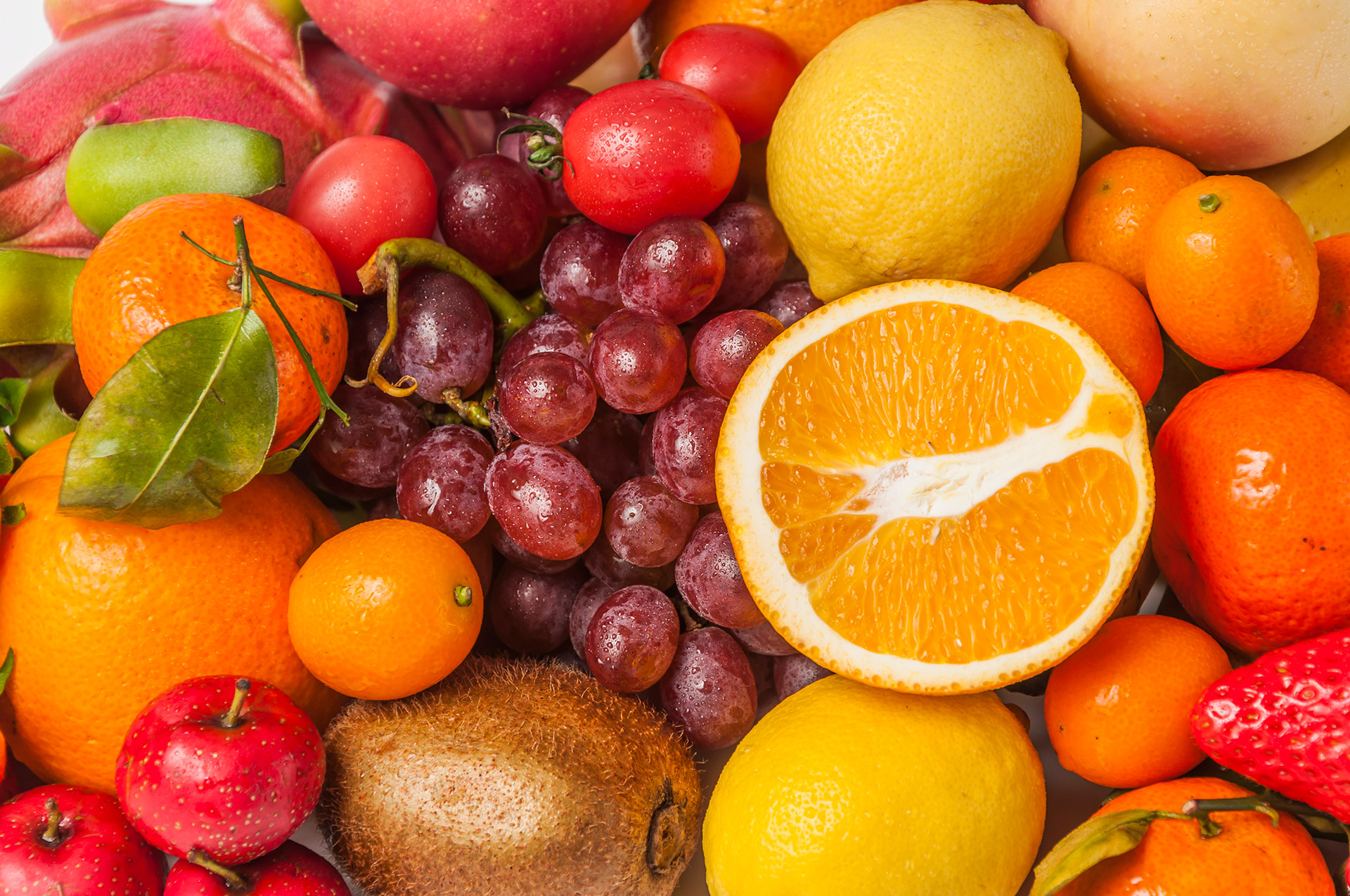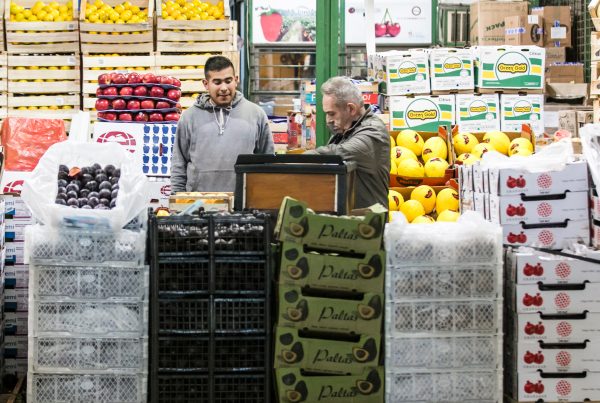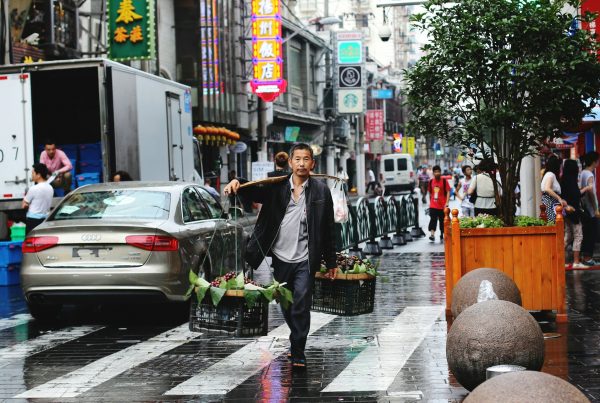Newsletter 132 – 11.04.2022
In the first year of the pandemic, fruits seemed to be the exception, given the general laments of the economy. Consumption exploded, in the face of the shift towards healthy living. But this was short-lived and the negative side of the pandemic soon showed itself; rising costs, falling purchasing power and complications in logistics. The outbreak of war between Russia and Ukraine further complicated the situation and brought great uncertainty.
At first, the pandemic favored the fruit trade, as everything related to healthy living was valued. Fruit consumption registered a true boom, with sales levels that were not seen for years. But the excitement didn't last long. Already in the second year sales fell almost to normal levels, and in the third year there is even a certain apathy. There is a general fatigue related to the pandemic, confinement, restrictions to which were added the negative consequences that the pandemic brought, such as increased costs, economic problems and serious logistical complications. To all this, a new event was added that is shaking the world, which is the war between Russia and Ukraine, which also altered the fruit world.
Cost increase
All countries suffered increases between 20-30% in terms of inputs, energy and logistics. This increase is difficult to pass on to buyers, who for now do not accept to increase their payments. Especially supermarkets, which intend to continue with the usual price and promotion policy. The dilemma for retailers is that, on the one hand, products are becoming more expensive and, on the other hand, the consumer's purchasing power has been reduced (due to the pandemic or the war).
Logistical problems
The transfer of the fruit from the production areas to the ports was complicated, but even more so those from the supplying countries to the markets. This currently means a great headache, which mainly affects the countries of the southern hemisphere. Containers are missing, loading is delayed and even more the unloading. No country is spared. In front of the ports there are long queues of ships waiting to be unloaded. During the pandemic, the ports on the west coast of the US and those in China were especially complicated. But now the Europeans have joined, especially Rotterdam.
Added to the complications of the pandemic were those of the war. There is an uncertainty regarding the ships that were originally destined for Russia, there are redirections, changes in planning, etc. It is already normal for shipments that come from southern countries to be delayed between 7 to 14 days and even more.
The delay of the ships complicated the planning of sales in the destination markets. It is no longer known when you can schedule an advertising action, a promotion, as well as put together programs. In addition, all the campaigns are being delayed, which is why there is a lack of fruit at the beginning and plenty of fruit at the end. Another problem in perishable fruit, such as grapes or blueberries, is the deterioration in quality that occurs when the transit time is lengthened. Currently the overseas grapes that are arriving in Rotterdam must be checked and repackaged, with the ensuing cost that this means.
Consumption trends
The evolution of consumption is another point of great concern. In the first year of the pandemic there was a boom in consumption, especially for those fruits that were associated with health (citrus, blueberries). But as the pandemic spread, there was a certain weariness and then depression. Consumption returned to its pre-pandemic levels, and even fell below. This is especially observed in traditional fruits: citrus fruits, bananas, apples and pears. Only grapes and berries continue to find increasing interest in the public.
The public is organizing their purchases better, planning them and only buying what they are really going to consume. Therefore, more small units are currently being sold. For ex. offers of 3-5 kg of apples are hardly seen anymore, most are 1 kg. The increase in expenses is hitting the inhabitants of the northern hemisphere hard.
Electric power, gasoline and especially gas increased to levels not seen before (20, 30 and even 100% increases). Inflation is higher than usual. All this affects the pocket of the consumer, who is no longer willing to spend on extras and controls his expenses much more.
Ukrainian-Russian conflict
The outbreak of war at the end of February altered not only the trade relationship with these two countries, but also the world economy. Regarding fruits, its incidence is very large since Russia is the world's leading importer of temperate fruits. Many of his regular suppliers were banned from shipping fruit. For others, shipping is complicated, since the big shipping companies stopped going to Russian ports. On the other hand, it is not yet known how the collection will be, given that most Russian banks can no longer operate in their usual way due to the prohibitions imposed by the northern countries.
On the other hand, the ruble devalued, although in the last two weeks it managed to partially recover. It is going to be more difficult for the Russian consumer to acquire imported fruit, given the shipping difficulties, the high costs, the fall in purchasing power and the devaluation of the ruble.
Argentina is a large supplier to Russia (40% of its mandarins and grapes, 20% of pears and lemons, 10% of apples). When the conflict broke out there were 11,000 tons of pears in the water. The same will arrive in St. Petersburg, unknown how the collection will be. Some shipments are made to Russia, both pears and lemons. But they are limited volumes and shipping, as well as collection, contain great uncertainty.







